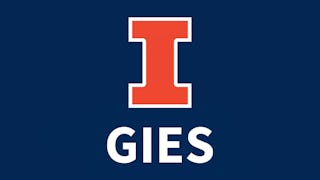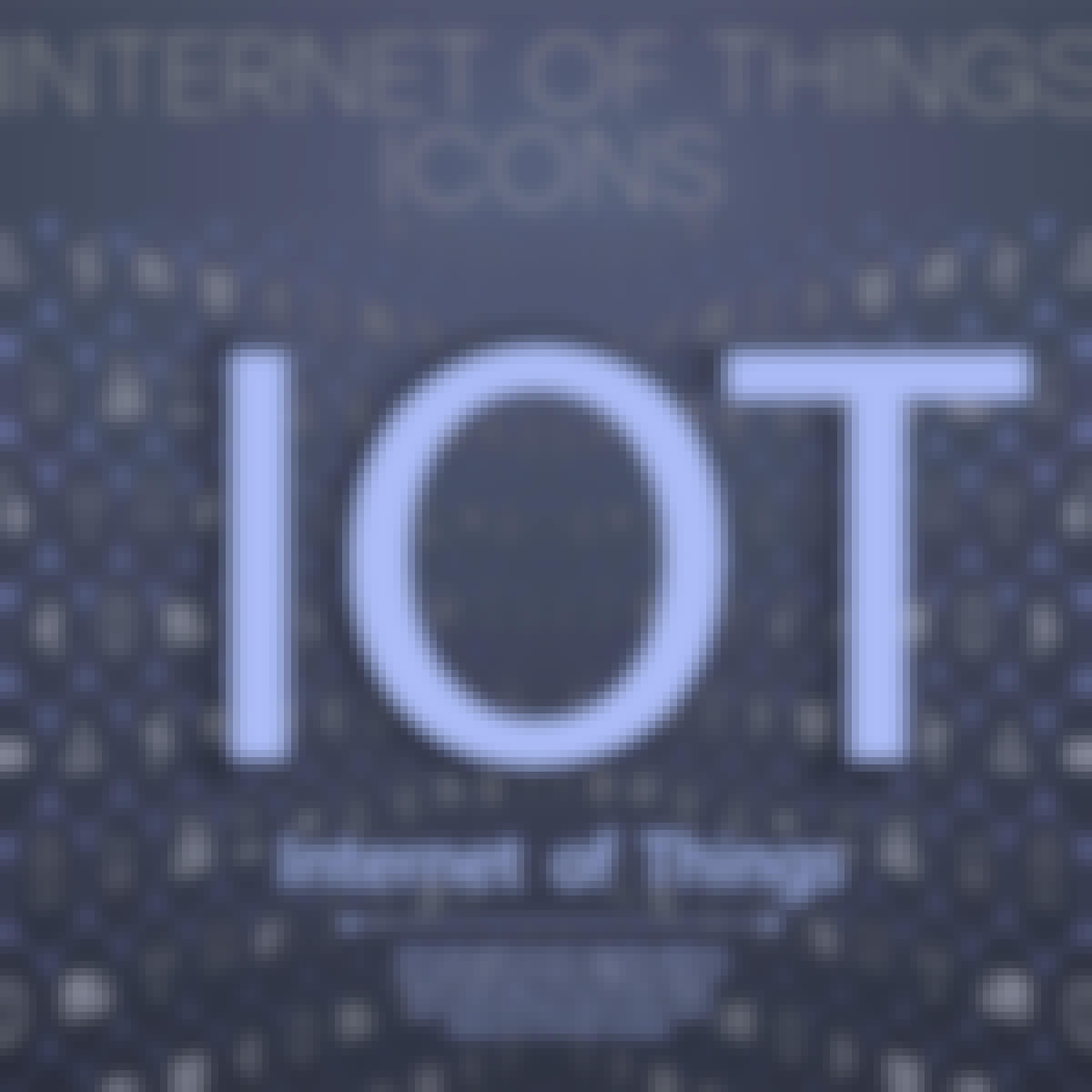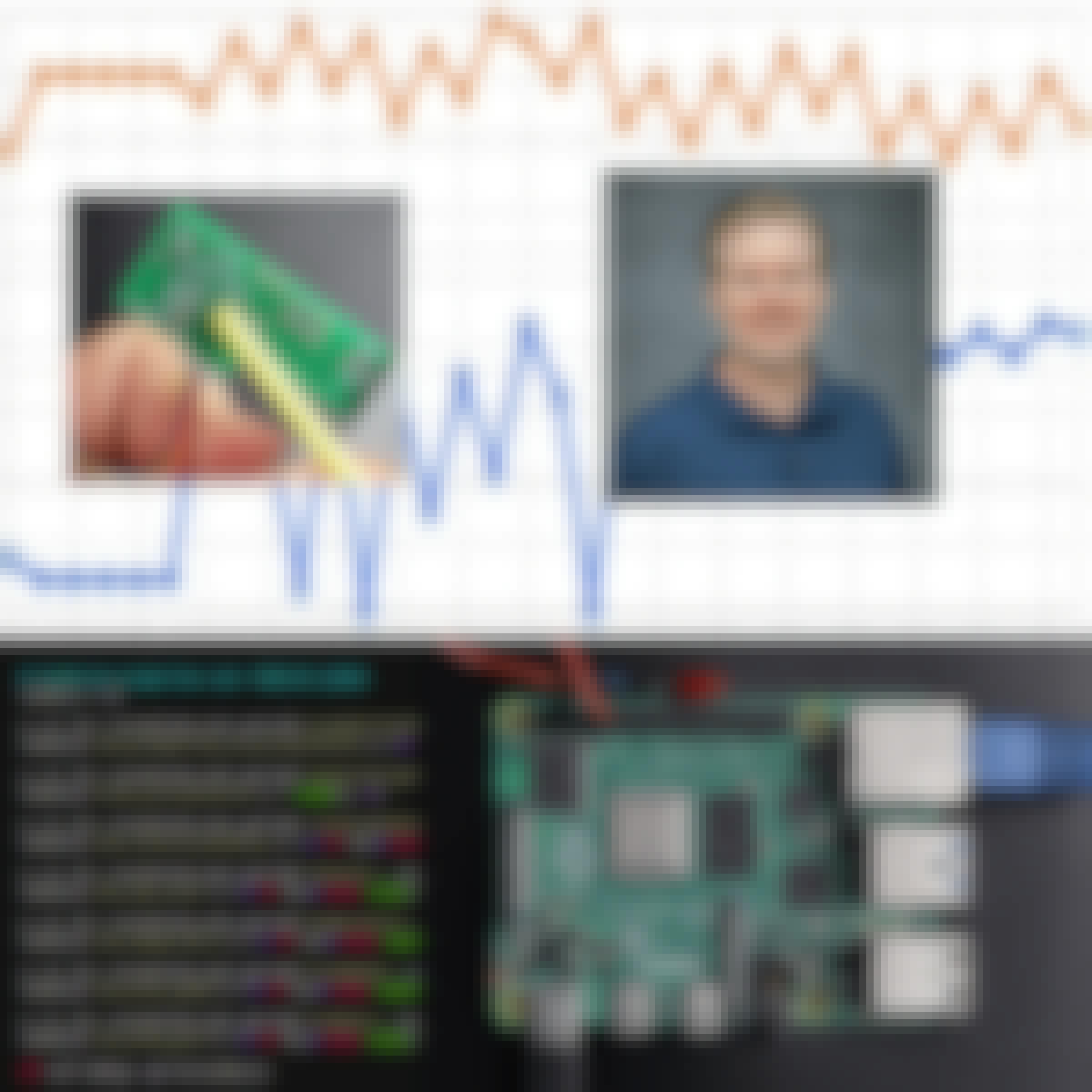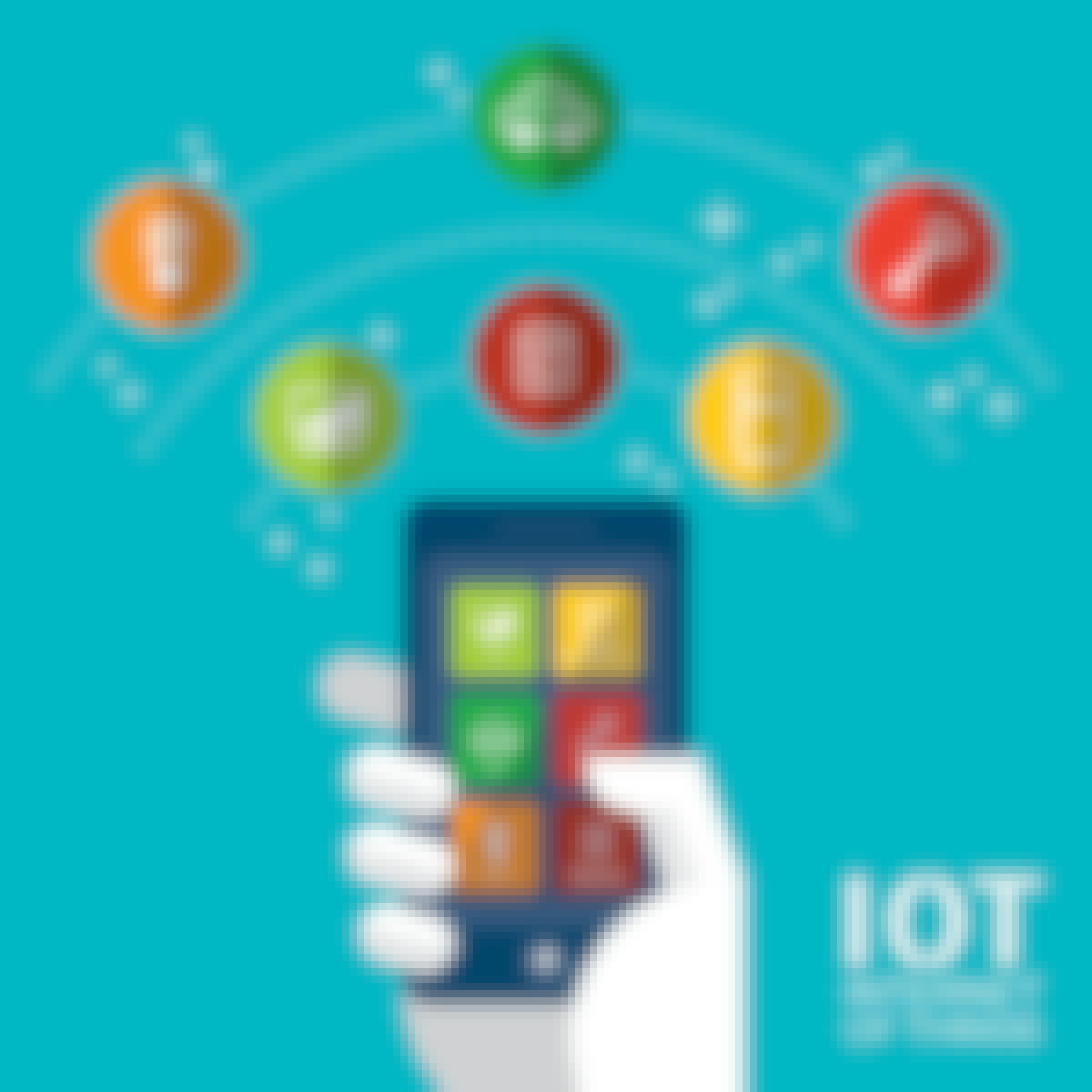Filter by
SubjectRequired
LanguageRequired
The language used throughout the course, in both instruction and assessments.
Learning ProductRequired
LevelRequired
DurationRequired
SkillsRequired
SubtitlesRequired
EducatorRequired
Explore the Hardware Course Catalog

Georgia Institute of Technology
Skills you'll gain: Failure Analysis, Mechanical Design, Mechanical Engineering, Structural Analysis, Engineering Analysis, Engineering Design Process, Engineering Practices, Engineering Calculations, Verification And Validation
 Status: Free Trial
Status: Free TrialIllinois Tech
Skills you'll gain: Microsoft Windows, Operating Systems, System Configuration, Firewall, Linux, System Monitoring, System Support, Authorization (Computing), File Management, Data Security
 Status: Free Trial
Status: Free TrialUniversity of Toronto
Skills you'll gain: Control Systems, Embedded Software, Automation, Software Architecture, Simulations, Safety Assurance, Hardware Architecture, Systems Architecture, Verification And Validation, Mathematical Modeling, Engineering Analysis, Computer Hardware, Risk Management Framework, Mechanics
 Status: Free Trial
Status: Free TrialSkills you'll gain: Peripheral Devices, USB, Operating Systems, Computer Hardware, Data Storage Technologies, Hardware Troubleshooting, Desktop Support, Networking Hardware, Linux, System Software, File Systems, Information Technology, Microsoft Windows
 Status: Free Trial
Status: Free TrialUniversity of Illinois Urbana-Champaign
Skills you'll gain: Hardware Troubleshooting, Computer Hardware, 3D Modeling, Hardware Design, Manufacturing Processes, Digital Design, Mechanical Design, Control Systems, Electronic Components, Mechanical Engineering, Technical Support, Thermal Management, Open Source Technology

University of Pennsylvania
Skills you'll gain: Computational Thinking, Algorithms, Pseudocode, Python Programming, Data Structures, Computer Hardware, Computer Programming, Analysis, Debugging
 Status: Free Trial
Status: Free TrialUniversity of California San Diego
Skills you'll gain: Big Data, Apache Hadoop, Scalability, Data Processing, Data Science, Distributed Computing, Unstructured Data, Data Analysis, Real Time Data, Data Storage

Pohang University of Science and Technology(POSTECH)
Skills you'll gain: Internet Of Things, Wireless Networks, General Networking, Emerging Technologies, Electronic Hardware, Embedded Systems, Information Technology Architecture, Infrastructure Architecture, Software Architecture, Computer Hardware, Computer Programming Tools, Python Programming
 Status: Free Trial
Status: Free TrialJohns Hopkins University
Skills you'll gain: Hardware Design, Electronic Hardware, Schematic Diagrams, Computer-Aided Design, Mechanical Design, Electrical Engineering, 3D Modeling, Electronics, Simulation and Simulation Software, Technical Design, Verification And Validation, Open Source Technology
 Status: Free Trial
Status: Free TrialUniversity of Illinois Urbana-Champaign
Skills you'll gain: Internet Of Things, Embedded Software, Wireless Networks, Network Protocols, Emerging Technologies, Data Science, Embedded Systems, Network Infrastructure, General Networking, Network Security, Amazon Web Services, Cloud Platforms
 Status: Free Trial
Status: Free TrialUniversity of California, Irvine
Skills you'll gain: Test Planning, Embedded Software, Embedded Systems, Functional Requirement, Systems Design, Requirements Analysis, System Design and Implementation, Internet Of Things, Prototyping, Computer Hardware
 Status: Free Trial
Status: Free TrialSkills you'll gain: Computer Security, IT Infrastructure, Network Security, Computer Networking, Desktop Support, Systems Administration, Network Troubleshooting, Remote Access Systems, Application Security, OSI Models, Package and Software Management, Disaster Recovery, Cybersecurity, User Accounts, TCP/IP, Lightweight Directory Access Protocols, Computer Hardware, Technical Support, Software Installation, Help Desk Support
In summary, here are 10 of our most popular hardware courses
- Machine Design Part I: Georgia Institute of Technology
- Hardware and Operating System Foundations III: Illinois Tech
- Introduction to Self-Driving Cars: University of Toronto
- Foundations of Computer Hardware and Storage: Packt
- 3D Printing Hardware: University of Illinois Urbana-Champaign
- Computational Thinking for Problem Solving: University of Pennsylvania
- Introduction to Big Data: University of California San Diego
- Introduction and Programming with IoT Boards: Pohang University of Science and Technology(POSTECH)
- Designing Hardware for Raspberry Pi Projects: Johns Hopkins University
- IoT Devices: University of Illinois Urbana-Champaign










